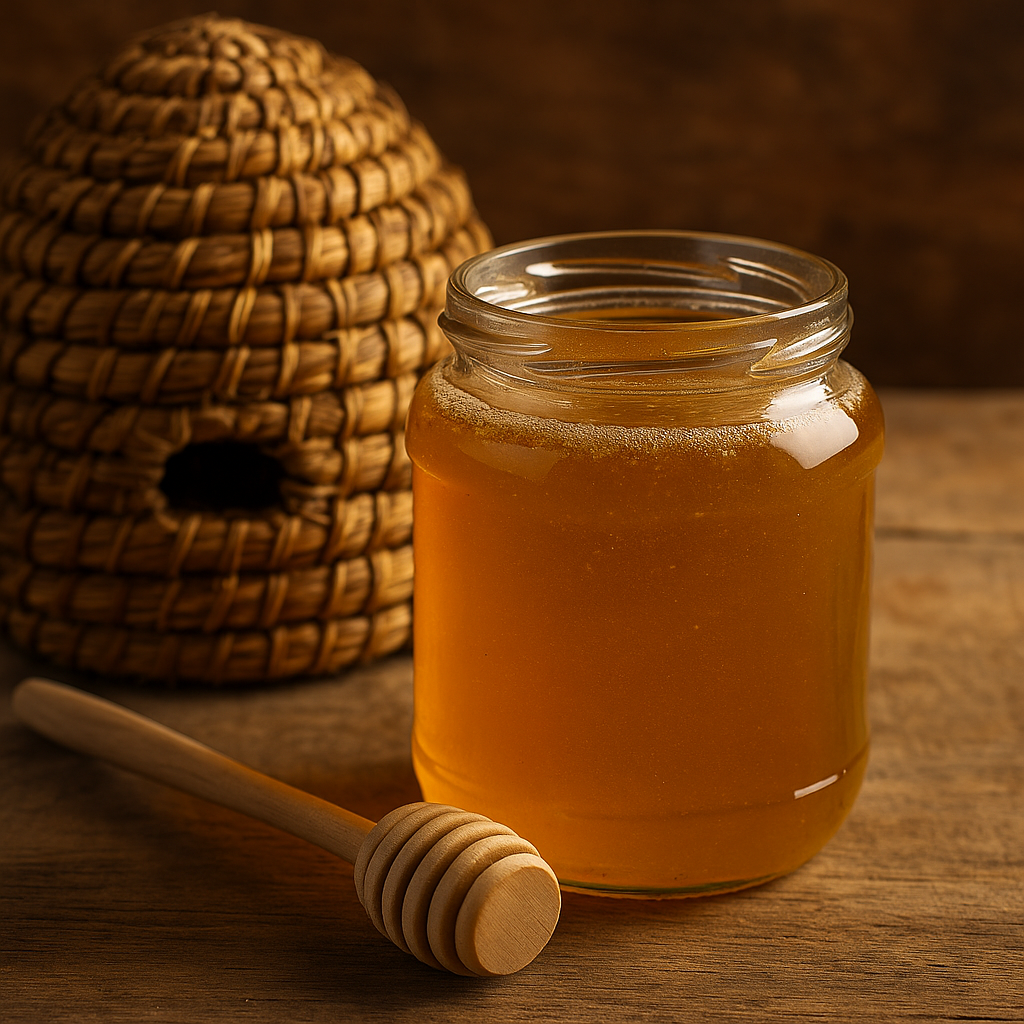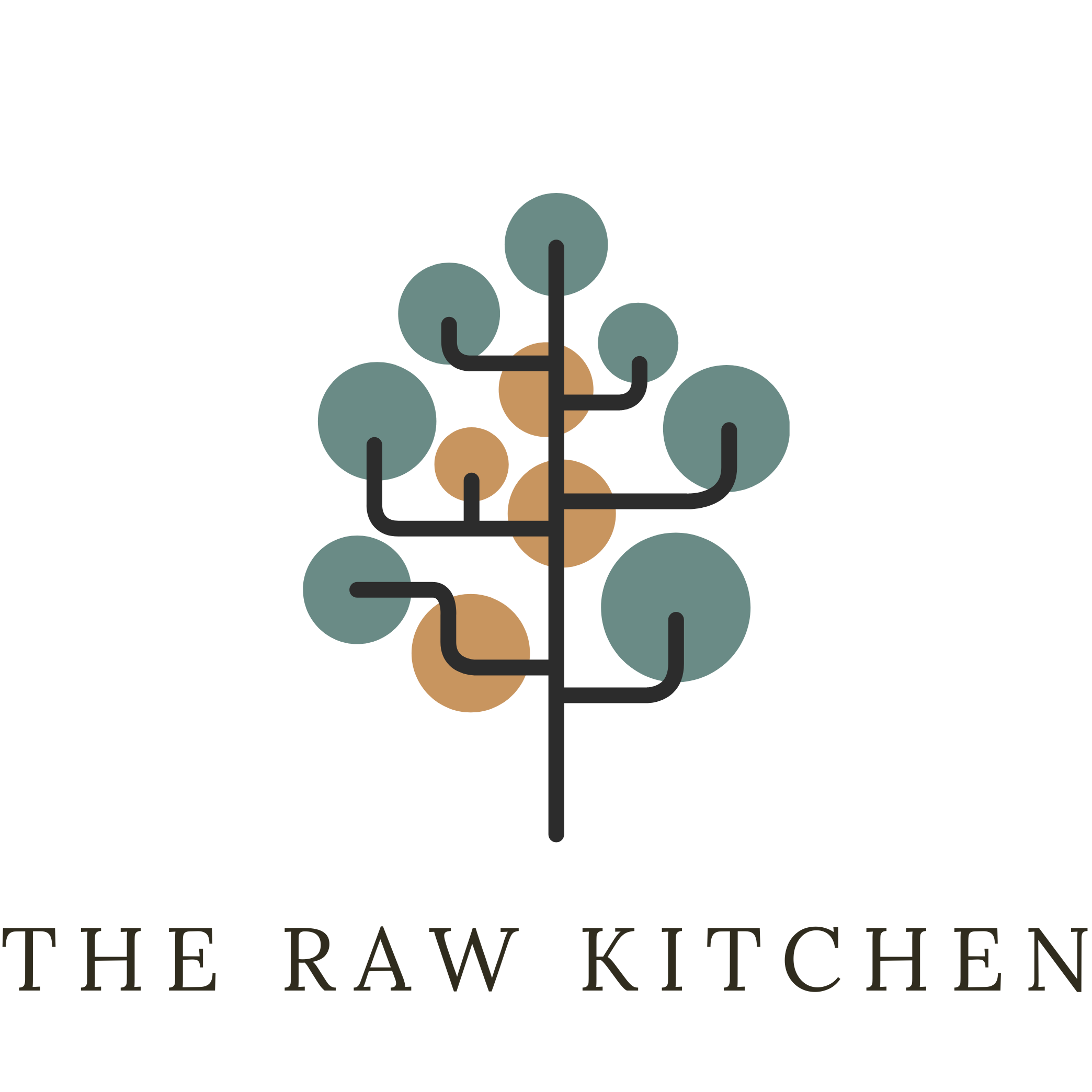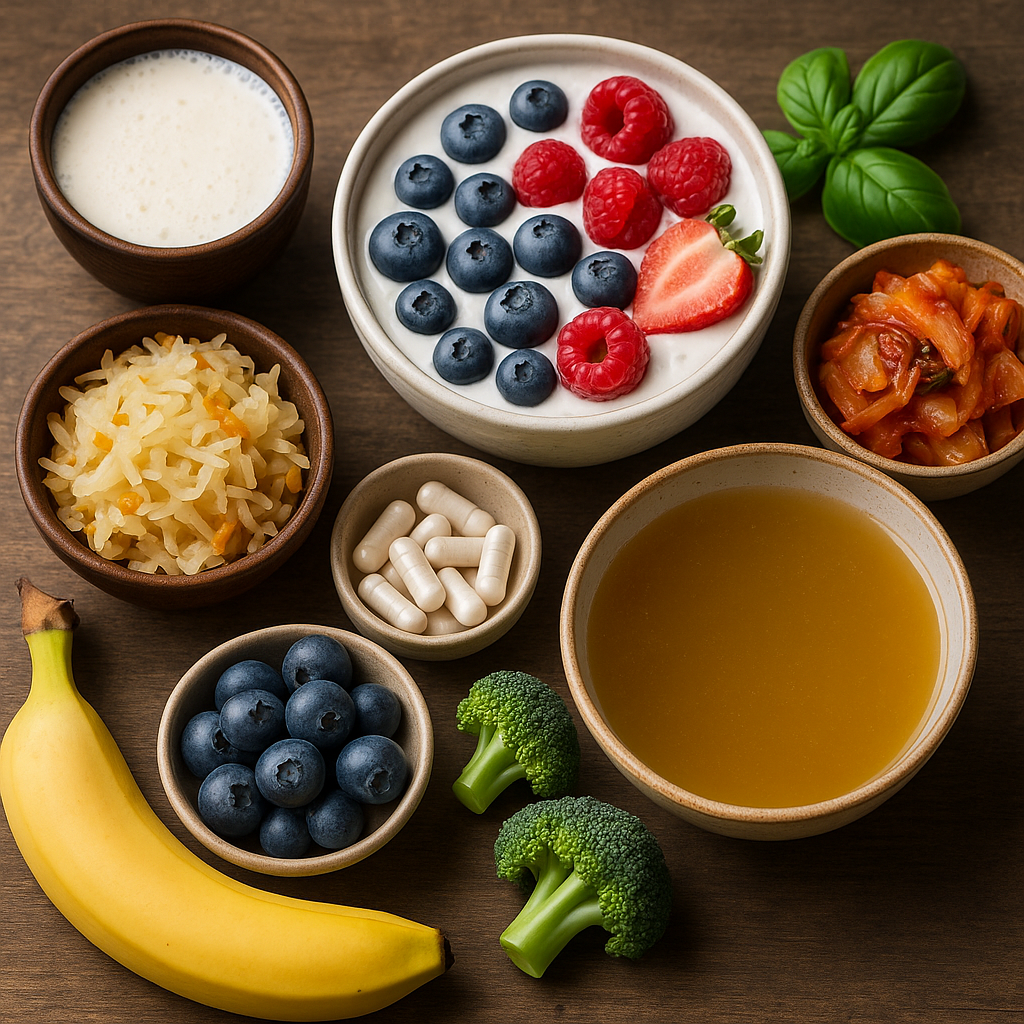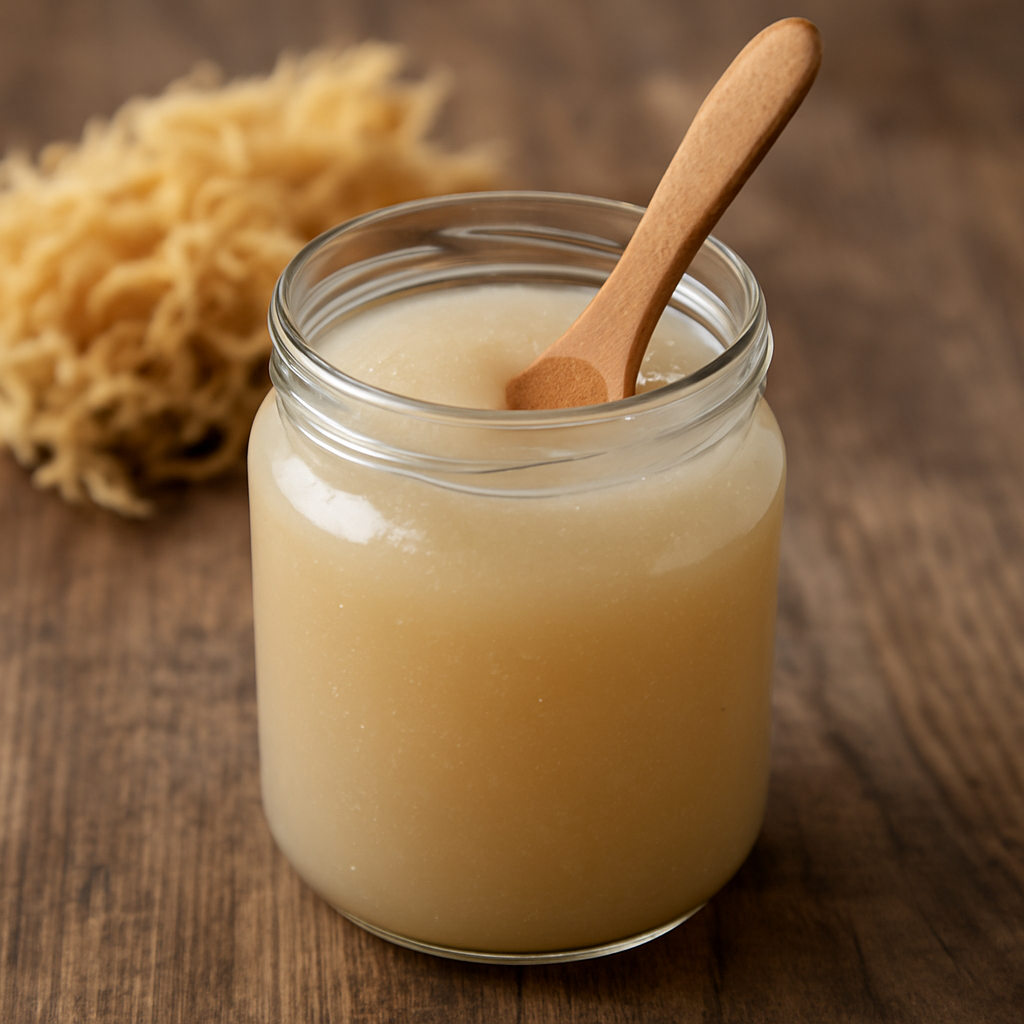
The Golden Truth: Why Raw Honey is a World Apart from Supermarket Honey
For centuries, honey has been revered not just as a sweetener, but as a potent natural medicine. The Qur'an itself describes it as a substance wherein "is healing for people" (Surah An-Nahl, 16:69). But is the clear, runny honey sitting in a squeezy bottle on a supermarket shelf the same powerful substance spoken of in scripture and traditional medicine?
The answer, in short, is no.
The difference between raw, unprocessed honey and its commercially processed counterpart is staggering. Let's explore the golden truth about what makes raw honey a true superfood and why you should reconsider what's in your cupboard.
What Makes Raw Honey a Nutritional Powerhouse?
Raw honey is honey as it exists in the beehive, strained only to remove large debris like beeswax and dead bees. It is unheated and unpasteurized, a living food teeming with beneficial compounds.
-
Rich in Antioxidants: Raw honey is packed with an array of plant chemicals that act as powerful antioxidants. These compounds, including flavonoids and phenolic acids, help to protect your body from cell damage due to free radicals, which can contribute to aging and chronic diseases like cancer and heart disease.
-
Natural Antibacterial and Antifungal Properties: The bees themselves add an enzyme, glucose oxidase, which creates hydrogen peroxide—a natural antiseptic. This is why raw honey has been used for centuries as a wound dressing and a remedy for sore throats and coughs.
-
A Source of Phytonutrients: These powerful nutrients, found in plants, are responsible for raw honey's antioxidant and anti-inflammatory benefits. They are the very essence of the "healing" properties of the plants the bees visited.
-
Digestive Aid: Raw honey contains natural enzymes that can help your body properly digest carbohydrates and sugars.
The Supermarket Imposter: What's Wrong with Processed Honey?
The journey from the hive to the supermarket shelf often strips honey of its most valuable properties. To create the clear, uniform product that many consumers expect, commercial honey undergoes two main processes:
-
Pasteurization: This process involves heating the honey to high temperatures to kill any yeast cells and prevent fermentation, extending its shelf life. However, this intense heat destroys the delicate enzymes, vitamins, and antioxidants that make raw honey so beneficial.
-
Ultra-filtration: This process removes tiny particles, including pollen, from the honey to make it look clearer and smoother. While this might seem like a good thing, pollen is one of the most nutritious parts of honey. Removing it takes away a significant portion of its vitamins, minerals, and amino acids.
The result is a product that is often little more than a sugary syrup, lacking the profound health benefits of its raw, natural state.
The Great Allergy Debate: Does Local Honey Really Work?
One of the most common health claims you'll hear is that consuming local honey can help with seasonal allergies. The theory is that by ingesting small amounts of local pollen present in the honey, you can build up an immunity to it over time.
While the idea is appealing, the scientific evidence to support it is very weak and largely anecdotal. Here's why:
-
The Pollen Type is Wrong: The vast majority of seasonal allergies (hay fever) are caused by light, airborne pollen from trees and grasses. The heavier pollen that bees collect from flowers is rarely the cause.
-
The Amount is Miniscule: The amount of airborne pollen that might accidentally end up in a jar of honey is incredibly small and inconsistent, likely not enough to trigger a meaningful immune response.
Now, it is theoretically possible that for the small percentage of people who have specific allergies to the types of flower pollen that bees do collect, local honey could be worth a try. However, due to the inconsistent dosage of pollen in any given jar, this is not a reliable strategy.
The real, evidence-supported benefit for all allergy sufferers comes from the anti-inflammatory properties of high-quality, raw honey, regardless of where it's from. The powerful compounds in raw honey can help to soothe inflammation in the airways, which is a key component of an allergic reaction.
Therefore, you should prioritise the quality and rawness of your honey over its geographical origin. A potent, raw honey from a pristine forest is going to offer far more health benefits than a processed "local" honey from a supermarket.
Your Health is Worth the Real Thing
When you choose raw honey, you are choosing a food that is alive with the full spectrum of nutrients and healing properties that nature intended. It's a world away from the sterile, sugary liquid sold in most stores.
The next time you reach for a jar of honey, look for the words "raw" and "unpasteurized." Embrace its natural tendency to crystallize—it's a sign of quality, not a flaw. Your body will thank you for it.



Leave a comment
This site is protected by hCaptcha and the hCaptcha Privacy Policy and Terms of Service apply.